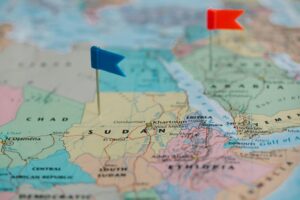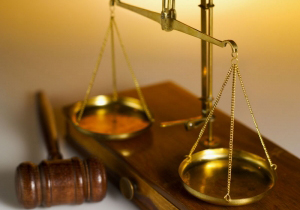
Aug 27, 2002
The basic laws of Israel guarantee the independence of the judiciary, which is generally respected by the legislative and executive powers.
The September 1999 landmark judgement of the High Court barring the use of torture and the April 2000 ruling prohibiting the holding of detainees for use as “bargaining chips” demonstrated that the judiciary would maintain independence even in certain sensitive cases relating to national security. The overall human rights situation vis-à-vis the Palestinian population under the jurisdiction or control of Israel deteriorated markedly. Following the outbreak of violence in late September 2000, Israeli security forces made repeated and sustained incursions into Palestinian territory, engaging in widespread and gross violations of human rights and humanitarian law.
Attacks on justice 2002-Israel-publications-2002 (full text, PDF)
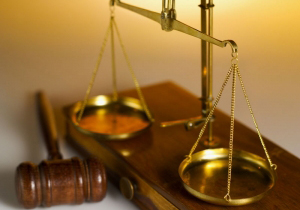
Aug 27, 2002
Ivory Coast has experienced unprecedented social and political unrest during the preceding three years, which has had a devastating effect on its stability.
Groups of military personnel have set up a parallel system of justice, arresting suspected offenders, harassing lawyers and judges, and threatening journalists.
Attacks on justice 2002-Cote dIvoire-publications-2002 (full text, PDF)
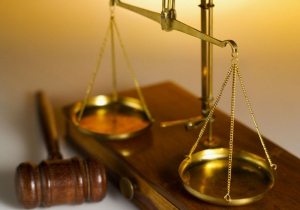
Aug 27, 2002
Chad has been in a state of near constant internal conflict for the past 30 years. The Government’s human rights record remains poor and impunity with respect to serious human rights violations is widespread.
President Déby has intervened inappropriately in cases before the judiciary. For the first time in the country’s history, a Supreme Court and a Constitutional Council were officially functional.
Attacks on justice 2002-Chad-publications-2002 (full text, PDF)
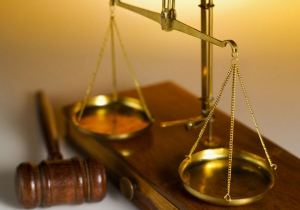
Aug 27, 2002
Despite irregularities during elections in November 2000 and January 2001, Azerbaijan was admitted to the Council of Europe in January 2001.
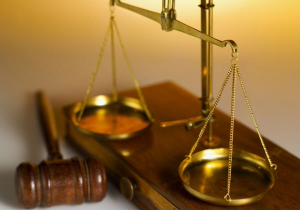
Aug 27, 2002
The independence of the judiciary continued generally to be respected in India, but the judicial system remained overburdened and financially dependent on the executive.







